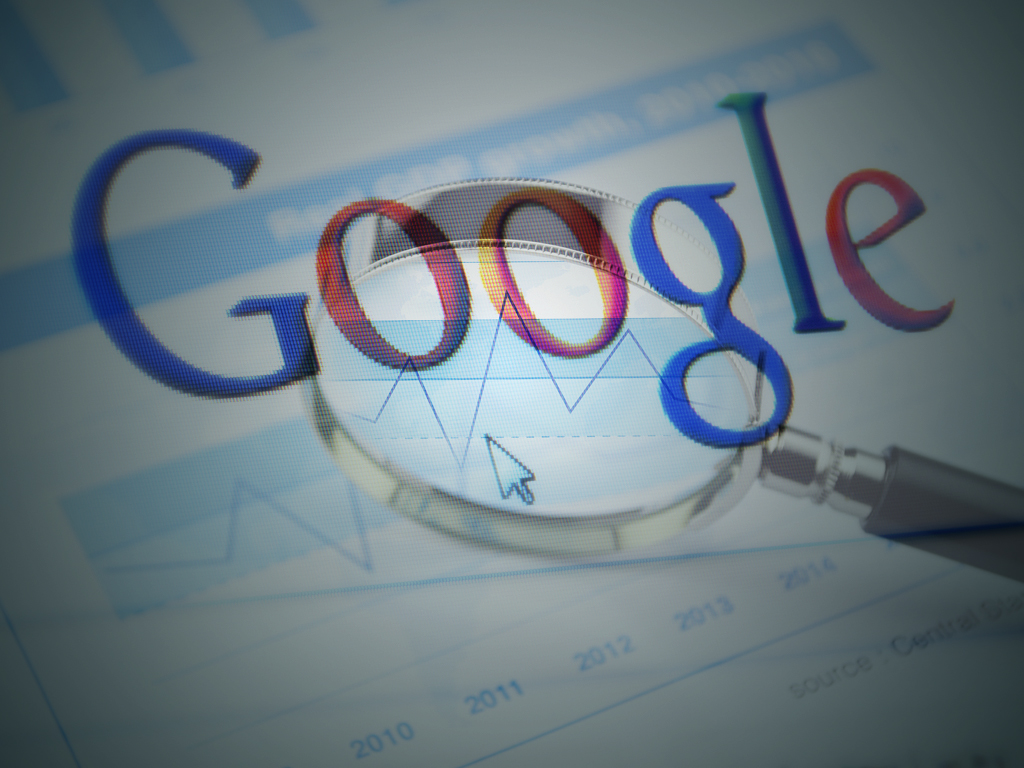The search landscape has long been dominated by Google. But as that landscape continues to evolve, Bing believes there are some key step changes that will impact the way we market ourselves and the way we search more generally.
The future of search is something everyone in the search industry likes to talk about. Any hint we can get about how the search engines are adapting to better meet user needs is essential information in helping us to better promote our brands and talk to our audiences.
When we were given the chance to interview James Murray, EMEA Product Marketing Manager at Bing, we jumped at it. Here’s what he had to say about how Microsoft sees search evolving:
Future of Bing Search from Impression.
Pervasiveness
The pervasiveness of search was James’ first point, talking about how the way we search is changing and that users are going beyond the search bar to seek information via mediums like voice, which we know has been a big area of focus throughout marketing conferences this year.
The Internet of Things, as an example, will change the way users behave. A common example given by Bing is that of the internet enabled fridge, whereby the fridge can let you know what food you have and where digital assistants can therefore make recommendations on what to eat. Perhaps a more pervasive example today is that of internet enabled cars, or even the increasing use of voice search on mobile devices; the more we interact with search outside of the search bar, the greater the potential for search to play an integral part in our lives — and for us as marketers, the greater the opportunity to nurture brand loyalty and better serve our customers.
What does this mean for marketers? We’re already seeing an increased interest in search features like Featured Snippets, which no doubt play an essential role in the development of voice results moving forward. Savvy marketers are investing in creating great content to answer user queries using natural language — meaning we should see even better quality content around the web over the coming months.
It also means we need to be aware that our audience may not be coming via the traditional search bar. How many results are there in voice search? One! Whether they’re searching on a mobile device, Google Home, Alexa, via their car or any other internet enabled device, the user will be given just one answer to their query. Securing and retaining that number 1 position will be more important than ever.
Predictiveness
The idea of predictiveness, according to Bing, is that search engines and digital assistants will be better able to personalise their results to the specific individual searcher. Algorithms are already adapting the results we see on screen, and have been for years, but Bing’s suggestion is that that personalisation will be taken to a new level, allowing for recommendations to be made based on previous behaviour and future needs.
One example James Murray gave is that of the internet enabled fridge, which is able to connect with your calendar and make the recommendation that you buy more milk on the basis that your parents are coming to visit and you’re currently running low.
It will be interesting to see how this transpires, and indeed how the upcoming GDPR rules affect the inter-connectivity of devices at this level.
Proactivity
The final component of Bing’s future predictions lies in proactivity, and the ability for digital assistants in particular to make use of information about the user to take action on their behalf.
James’ suggestion is that as users grow more confident in giving machines autonomy, we’ll reach a point where a digital assistant could, for example, purchase more milk for us when it knows we are running low and our parents are coming round.
What this essentially means for marketers is pretty much what we already know; that the future of search is all about improved user experience. When we can attract and then retain customers, we’re more likely to be the prevalent brand when it comes to digital assistants making decisions on our behalf. In the short to medium term, that’s got to mean a continued focus on high quality content, technical excellence and building brand awareness in the form of returning traffic.
You can watch the full Bing interview at https://www.impression.co.uk/bing-interview/


